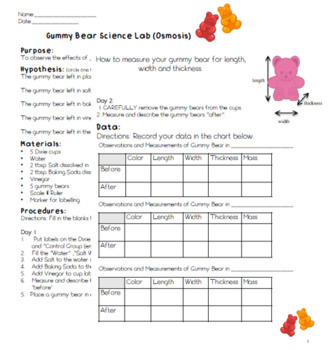
It’s just incredibly satisfying to be able to use a sequencer, or a drum machine, or to look at the fundamentals of sound: sound waves harmonics and, especially, the spectrogram, the moving picture of sound that shows you the frequencies that the sound is made up of. What excites you most about these experiments? It’s been really fun to see it evolve, and get to realize some of the ideas that I was playing around with in my research: tinkering with music in a new way. We just started talking a little bit, and when I finished up at MIT, he pulled me in to work together with him on this project that was just beginning - about a year ago. That’s where I met Alex Chen, who’s part of Google Creative Lab. I got invited to present at Moogfest, which is this awesome music festival hosted by Moog. My research is actually all about musical tinkerings: helping people learn by playing around with music technologies in order to make things. I graduated recently from MIT Media Lab, where I did my Ph.D.

How’d you get involved with this project? Inverse spoke with Eric Rosenbaum, who’s been with the project since, basically, its conception. The hope, here, is twofold: one, that people will get inspired by the act of creation two, that coders will take the open source code and make more awesome web-music tools. There are currently 12 experiments, all of which have open source code, and all of which are fantastic, instructional, worthwhile time-wasters. Visit the Chrome Music lab, and let us know which one was your favorite.On Wednesday, Google released its Chrome Music Lab, an interactive way for people of all ages to both learn and create music. One of the most advanced “experiments” you can make and play your own songs!Įxperiment with the Minor and Major chords on this simulation keyboard.Ĭheck out this song created using the Song Maker experiment. Record your voice and speed up and decrease the sounds. Play and listen to the various oscillations by tapping on the little characters. Make your own Rhythm by choosing and placing different drum effects.


Here is a quick look at some of our favourites. And if you are a coder you can even build your own to add to the lab. You can make your own songs and sounds with many of the interactive elements of the various “labs”. Teachers have been using it in their classrooms to explore music with their students. Chrome Music Lab is, in their own words, “a website that makes learning music more accessible through fun, hands-on experiments”. You can play on your phone or tablet, even your computer, with some of the exciting musical experiments by Chrome Music Lab.


 0 kommentar(er)
0 kommentar(er)
